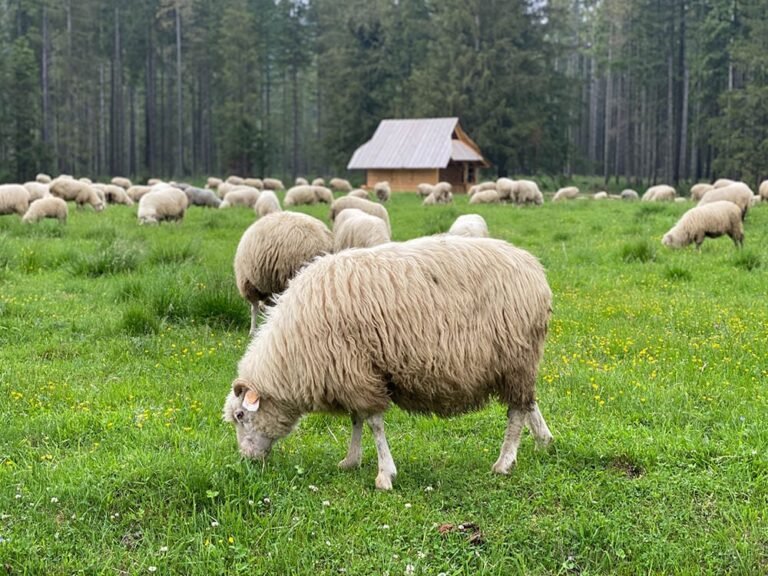bavard comme une pie
“Bavard comme une pie” is a French idiom that means literally “as talkative as a magpie.” It is used to refer to someone as being very talkative or very chatty.
In the 17th century, “une pie” meant, as it does now, a magpie. But in those days, it also meant a talkative woman. Since that era, the term has come to be applied to anyone who is talkative, regardless of their sex.
Magpies are very talkative birds, so the expression comes from the tendency of magpies to chirp a lot.
An equivalent English expression would be “a chatterbox.”






